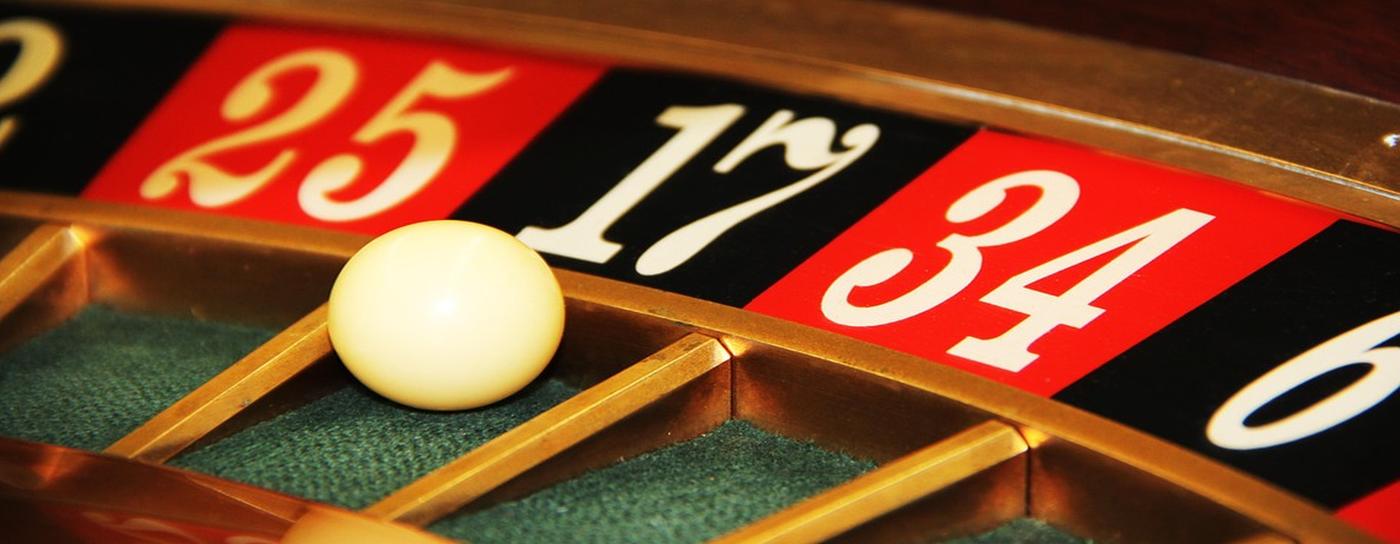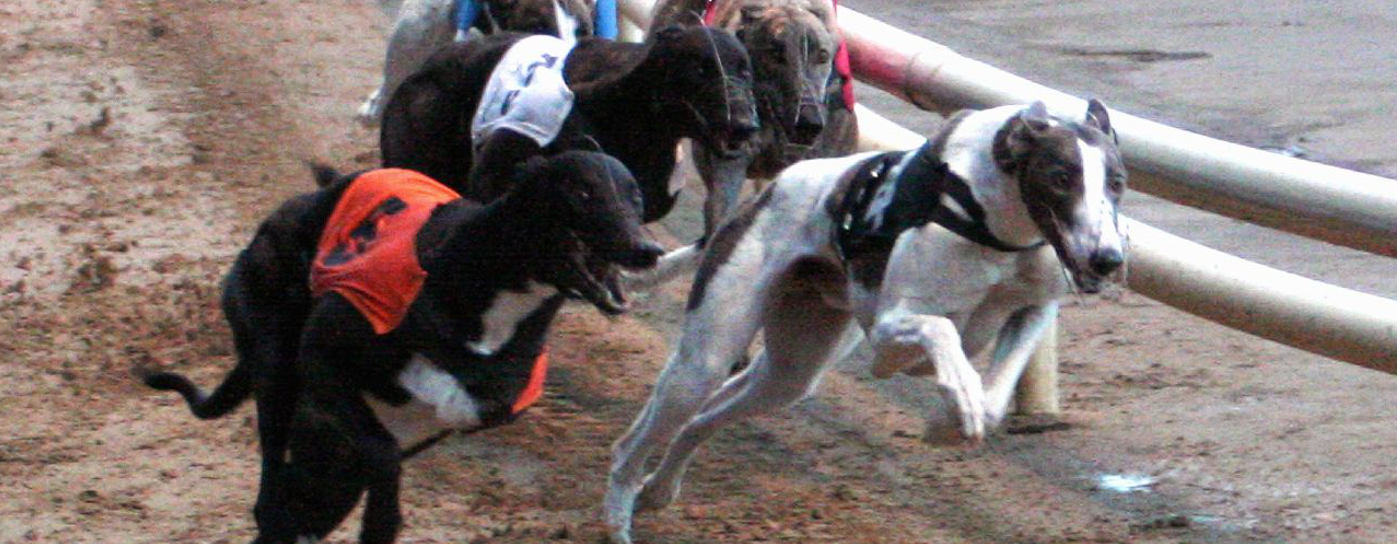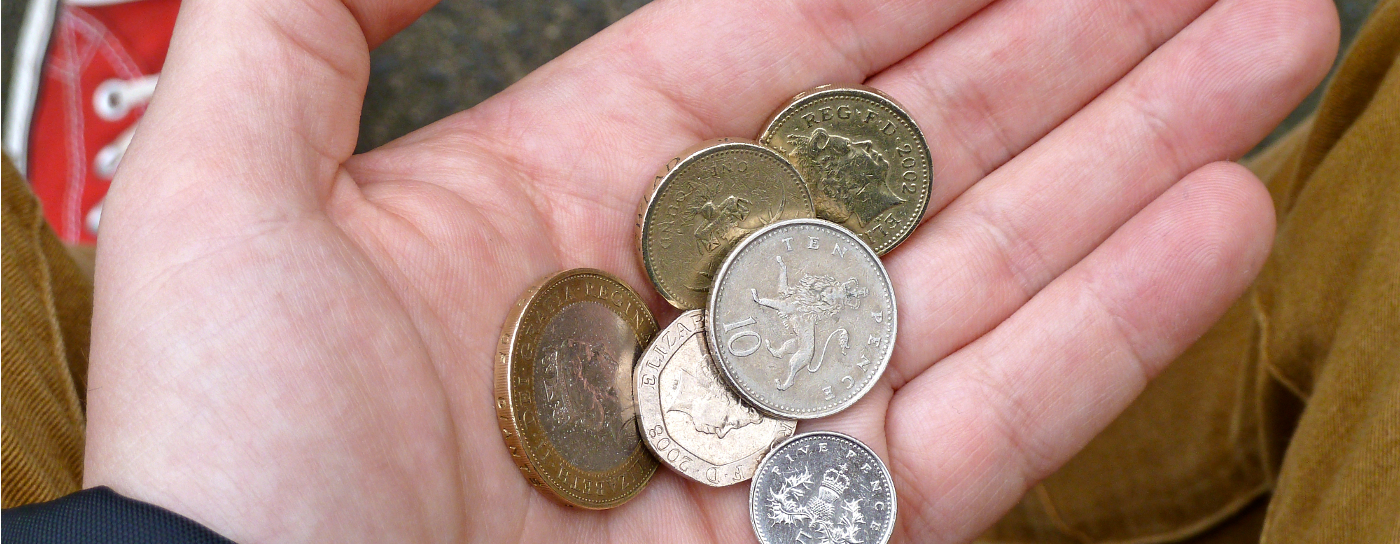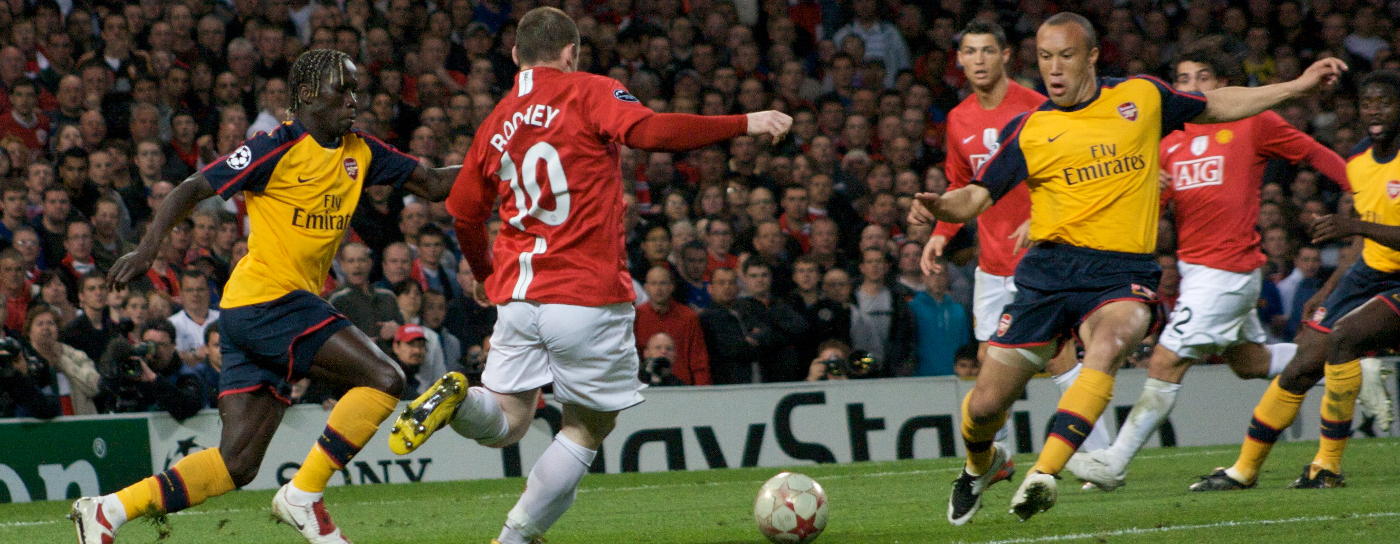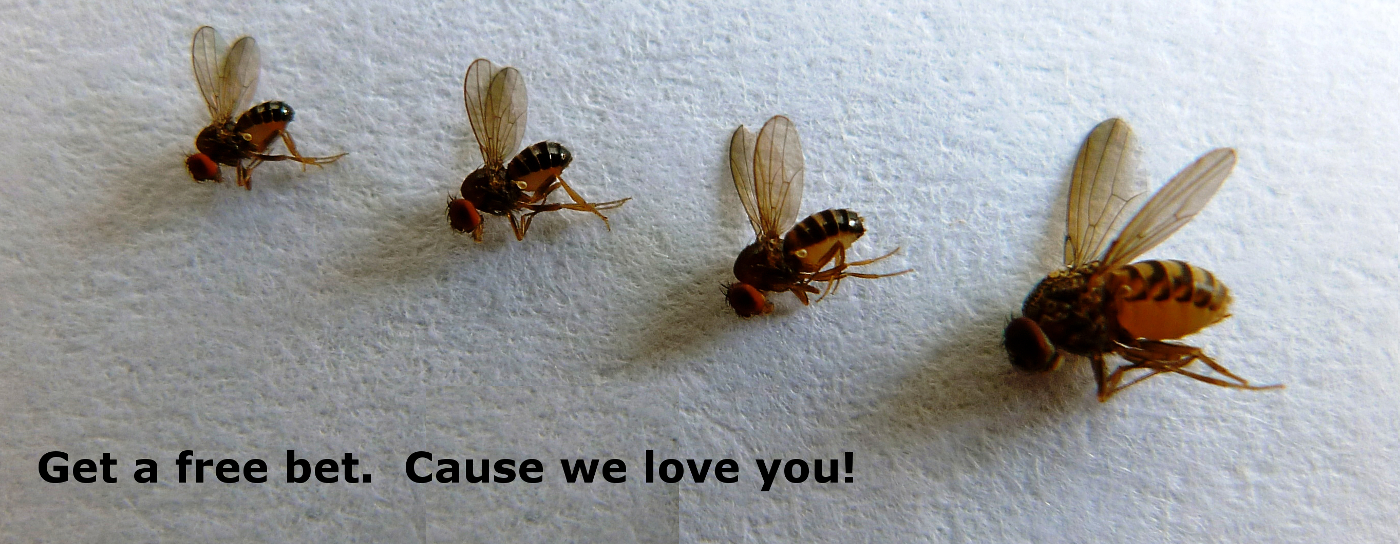
This Monday started a mass of publicity about ‘safer gambling’. To use one of the favourite words of the Betting and Gaming Council and others, surely it can only be the “prohibitionists” who don’t love it.
J4P needs to be careful, because a well informed individual who we respect trawled back through our Twitter timeline and suggested ‘safer gambling’ instead of ‘responsible gambling’ was our idea. If it was, so be it and the reputation managers with massive pockets could have saved themselves lots of money if they’ve paid an agency to come up with the change of terminology. If they did pay it’s a pity J4P isn’t an affiliate or we could have landed 25% of a decent fee.
The big problem with moving from ‘responsible’ to ‘Safer Gambling Week’ is the messaging hasn’t changed (predictably). You can call the week what you want, but J4P’s ‘safer’ is about a proper balanced discussion of what contributes to ‘safer gambling’. Of course 99.9% of the population are likely to want ‘safer gambling’, who wouldn’t, J4P certainly does and has campaigned for it for years. The crux though is, how do we achieve this (this blog isn’t about the specifics of that extremely difficult topic)?
This week so far, we’ve had many ‘stars’ who’ve contributed to videos and live media for free/for a fee (delete as applicable) telling gamblers to set limits and use all the ‘safer gambling’ tools available to them, which are kindly provided by the gambling companies the ‘stars’ are representing. We’ve also had gambling charities and ‘not for profit’ organisations supporting this week’s messaging. This week historically has had such an impact on ‘safer gambling’ (irony or not, you make your mind up) that even the UK gambling regulator has come out in support.
Let’s get real now, if you support the week fine, it may do some good.
However, if you support the messaging, but don’t add to the balance of it in the media when you have a chance to; not fine. Is ‘safer gambling’ really all about the customer as this week’s messaging would suggest? Of course not, it’s about shared actions that all involved must take part in. If you’ve appeared in the media promoting ‘Safer Gambling Week’ or written about it without mentioning shared action you are not reflecting the facts of what is required.
The following is an example of J4P’s recent work:
Case example
One day in the life of a person where it was ‘impossible’ to suspect a problem
01:13:50 first bet
22:33:48 final bet
Many multiple bets, range 2-6 legs, mainly 5. Loads of ‘spot’ bets
Stakes £5-£200
Turnover four figures on day, unsurprisingly with a loss, despite one decent return
Sports bet on (wow, just wow – all in one day – think world time zones)
 You can add in many other gambling disorder traits over a long period of time for the customer.
You can add in many other gambling disorder traits over a long period of time for the customer.
‘Rinse’ the customer and pocket tens of thousands due to a complete failure to intervene appropriately is what happened next.
One of the largest gambling companies in the world has decided they’ve done nothing wrong despite also not intervening on a second account not long ago where exactly the same betting history traits were seen.
To any gambling company trader or risk manager it should have been clear that this customer probably had a gambling disorder. If you’ve not mentioned how the gambling companies should behave and can improve during your media contributions, why? J4P leaves people themselves to answer that question. Never forget, whilst people are allowed to ruin their lives with no interventions or interventions that are known not to work very well that some customers can’t stake 2p on a horse with the same company.
Whilst gambling companies are not intervening in cases like the one mentioned here it is very difficult to be supportive of the unfairly balanced messaging during ‘Safer Gambling Week’, whilst still respecting the week itself may help some.


